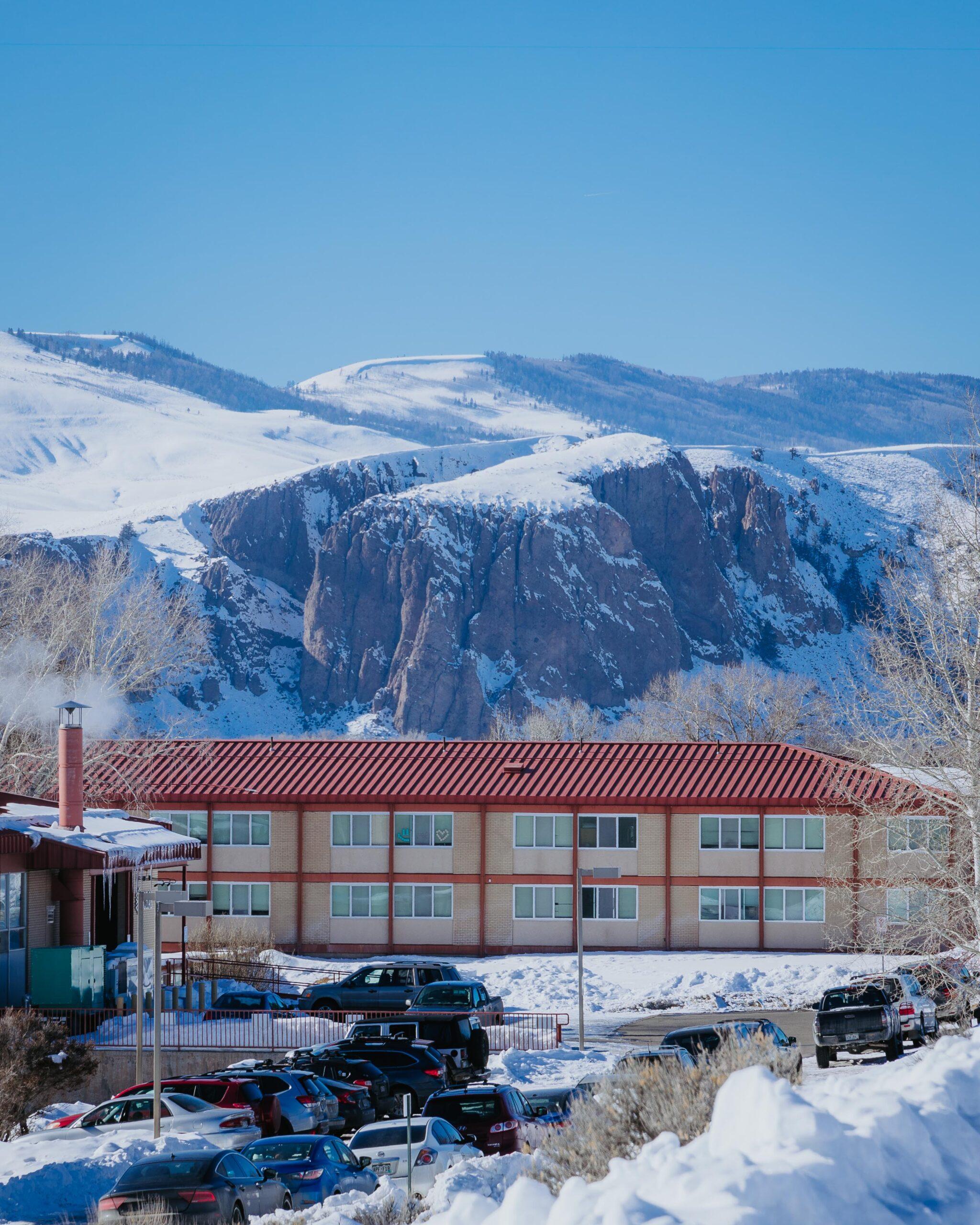What is Flu
Influenza (flu) is a contagious respiratory illness caused by influenza viruses that infect the nose, throat, and lungs. Some people, such as people 65 years and older, young children, and people with certain health conditions, are at higher risk of serious flu complications.
While seasonal flu viruses are detected year-round in the United States, they typically circulate during the fall and winter during what’s known as the flu season. The exact timing and duration of flu seasons varies, but flu activity often begins to increase in October. Since the start of the COVID pandemic, the timing and duration of flu activity has been less predictable.
The best way to reduce your risk from seasonal flu is to get vaccinated every year. Also follow these best practices to stop the spread of germs.
- Take everyday preventive actions to reduce the spread of flu.
- Avoid close contact with people who are sick.
- If you are sick, limit contact with others as much as possible.
- Cover coughs and sneezes.
- Cover your nose and mouth with a tissue when you cough or sneeze. Throw the tissue in the trash after you use it.
- Wash your hands often with soap and water. If soap and water are not available, use an alcohol-based hand rub.
- Avoid touching your eyes, nose, and mouth. Germs spread this way.
- Clean and disinfect surfaces and objects that may be contaminated with viruses that cause flu.
- For flu, CDC recommends that people stay home for at least 24 hours after their fever is gone. Fever should be gone without the need to use a fever-reducing medicine.
Influenza (flu) and COVID-19 are both contagious respiratory illnesses, but they are caused by different viruses. COVID-19 is caused by infection with a coronavirus (SARS-CoV-2) first identified in 2019. Flu is caused by infection with a flu virus.
From what we know, COVID-19 spreads more easily than flu. Compared with flu, COVID-19 can cause more severe illness in some people. Compared to people with flu, people infected with COVID-19 may take longer to show symptoms and may be contagious for longer periods of time.
You cannot tell the difference between flu and COVID-19 by the symptoms alone because they have some of the same signs and symptoms. Specific testing is needed to tell what the illness is and to confirm a diagnosis. Getting treated early for COVID-19 and flu can reduce your risk of getting very sick. Testing can also reveal if someone has both flu and COVID-19 at the same time, although this is uncommon.
For more information about the similarities and differences between these two viruses, visit https://www.cdc.gov/flu/symptoms/flu-vs-covid19.htm.
What do I do if I am sick with flu-like symptoms or test positive for flu?
- Report your symptoms or positive test using the COVID Reporter in the StarRez Portal
- Stay home for at least 24 hours after your fever is gone except to get medical care or other necessities. Your fever should be gone without the need to use a fever-reducing medicine, such as Tylenol®. Until then, you should stay home from work, school, travel, shopping, social events, and public gatherings.
- If you must leave home while sick, wear a facemask or cover coughs and sneezes with a tissue. Wash your hands often to keep from spreading flu to others.
- ever is gone except to get medical care or other necessities. Your fever should be gone without the need to use a fever-reducing medicine, such as Tylenol®. Until then, you should stay home from work, school, travel, shopping, social events, and public gatherings.
*It’s important to note that not everyone with flu will have a fever.
Flu testing is available at the Western Campus Clinic, 104 Tomichi Hall. To schedule an appointment (Monday to Friday), call 970.943.2707.
Western coordinates on-campus vaccine clinics throughout the semester. Contact the Office of Student Affairs at 970.943.2232 for more information.
Gunnison County Public Health hosts community vaccine clinics each year (generally in October). Additionally, Public Health provides Immunization Clinic every Monday at the Gunnison Valley Hospital (711 N. Taylor), 2nd Floor above Rehabilitation. To setup an appointment call (970) 641-3244.
Take the Next Step

Apply to Western
We understand that applying to a university can be daunting, which is why we make our admission process as simple and straightforward as possible. Learn more about applying to your program of choice at Western.

Visit Western
The best way to find out what makes Western such a special place is to experience it for yourself. Our student-led tours give you an insider’s perspective on everything from academics to student life.

Alumni Community
We keep the Mountaineer spirit going strong within our alumni community. Whether getting together with friends at an annual event, making a donation or mentoring a student, graduates continue to play an important role in the Western community.

Request Information
Want to discover more about Western? Request information today to get in touch with the admissions team.
